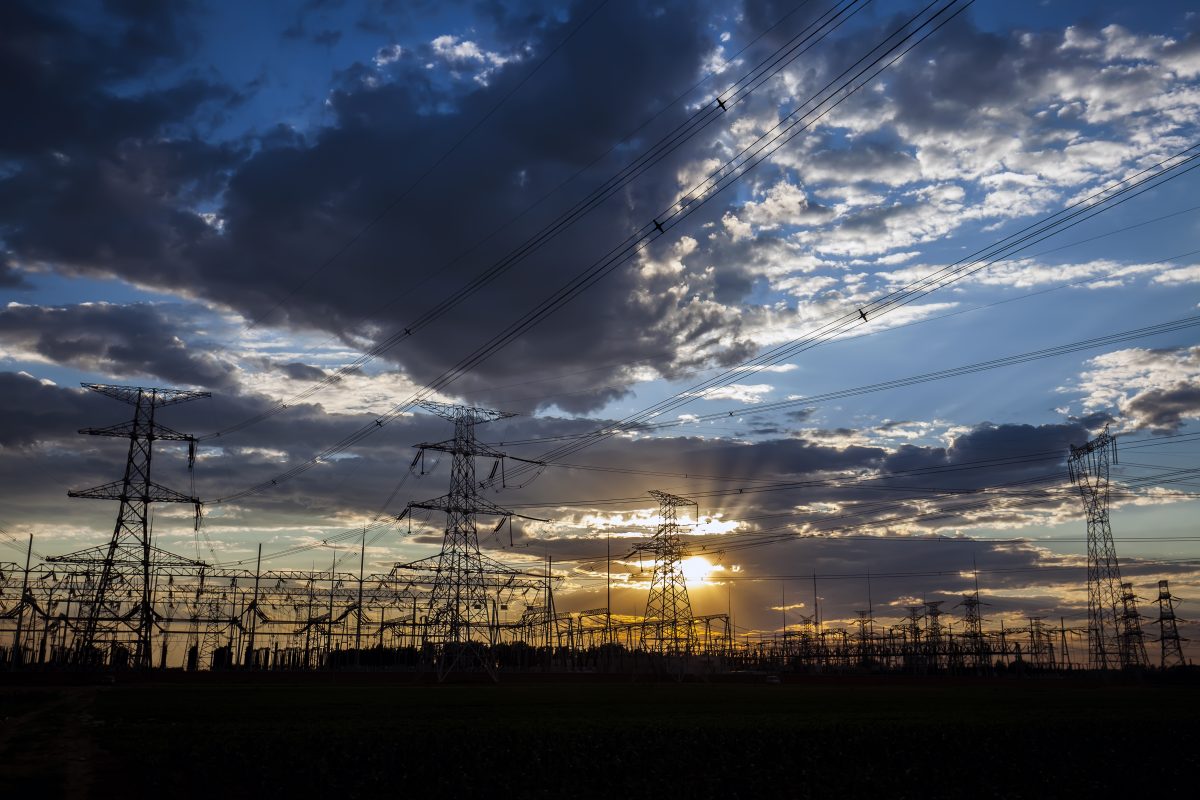Power Play | Electricity prices continue to rise
Date: 10.03.2017
Author: admin
Electricity bills have more than doubled over the last 10 years, making electricity the fastest rising household expense and one of the most significant pressures on businesses’ operating costs.
Unfortunately, wholesale power costs are set to rise an additional 5-15% each year until 2019. The headlines covering electricity price hikes are here to stay.
Australian national energy policy is in disarray.
“A submission from the Australian Energy Council has revealed the future wholesale contract price has now reached $100-$120 per megawatt hour, more than double the 10-year weighted average of $57 forecast by Climate Change Authority modelling.
The price differential was the equivalent of having a $50-a-tonne carbon price and was costing consumers between $240 and $360 a year in higher prices.
The effective cost is more than double the Gillard government’s carbon tax, which was set at a fixed price of $23 a tonne for two years before being scrapped a year later by the Abbott government.
In Australia, the lack of national policy certainty is now the single biggest driver of higher electricity prices.” (The Australian, 2017).
The years of inaction are taking their toll and businesses and households alike are now forced to take the issue of energy consumption seriously. Australian home owners in particular, are leaning towards getting a minimum 6 star energy rated house in order to maintain any arsenal against rising costs.
At the same time, even against the adversity that is the Trump presidency, California is generating enough Solar power to meet half its energy needs. And Tesla has launched the Powerwall 2 in Australia as a solution to grid unreliability in the face of the Hazelwood Power Station closure. Victoria’s prisons are going green and Chief Scientist Alan Finkel’s investigation into the Future Security of the National Electricity Market gives us some hope that 2017 will be a year of more positive change in the national market.
References
The Australian (2017) Power games take toll in limiting efficient energy supply

